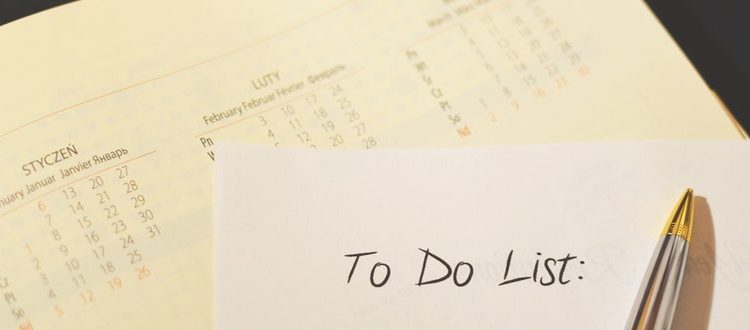Surviving PhD and Postdoctoral Programs: Tips to Guarantee Success!

Survival guides exist because people face challenging situations experienced by others. Those ‘others’ have survived and thus shared knowledge to those who don’t know what to do.
In terms of your PhD and postdoctoral education, survival can be your make or break point. Therefore, it is crucial to understand what you are facing and know how to deal with it. There are advantages to getting a PhD degree and some postdoctoral training:
- Ownership: Any research that you produce will be yours. You will receive acknowledgment and credit for all your related accomplishments.
- Freedom: As a PhD student, you have the freedom of choosing the direction of your research and work indecently on your hypothesis. You will have an advisor who will advise and support you through your program.
- Exclusivity: Not everyone makes it into top PhD programs. Therefore, you will be joining a diverse and talented group of people in your field.
- Status: Getting a PhD is regarded as an impressive academic accomplishment.
- Future choices: You can choose to stay in academia or work in an industry.
With these advantages in mind, a PhD or postdoctoral education confers benefits that are not available to all. However, surviving your PhD or postdoctoral education is a different journey entirely.
Survival Tools
Luckily, those who have survived their PhD or postdoctoral education shared a few tips to navigate the challenging journey. PhD program is the highest level of education. It is no secret that the road towards acquiring your PhD is hard and often frustrating. Here are a few tips to get you by:
- Avoid overworking yourself–Remember that you are working towards a PhD rather than a Nobel Prize. This should remind you of your goals; that is, to answer your research question or hypothesis.
- Recognize when you need to exert extra effort–The days when you need to exert effort are the days when you should go full-on. However, this should be a temporary state, and you shouldn’t stay suspended too long.
- Take enough breaks–Allow yourself time to think of something else other than your PhD. Take relaxing, fun, or creative breaks.
- Make friends who are part of your department–Working with others and having a good working relationship with them will help you on your way to cope up with difficult situations.
- Attend conferences–If you can, travel to other parts of the country or the world. You will learn a lot during these conferences and it will help you establish a network of professionals who can help you or collaborate with you.
- Keep an eye on the larger picture–Remember the greater good that you are working towards. When you get frustrated, remember why you started in the first place.
- Exercise–You need to make time for a healthy body in order to cope with the stresses of PhD research.
- Engage in hobbies–Find a hobby that engages you fully, so that you can concentrate on something else other than your PhD program for some time.
- Sort out your finances–It is best to avoid financial struggles during your PhD education. Financial problems can distract you and prevent you from achieving your goals.
- Make time for friends and family–Make sure you find time to keep in touch with friends and family. Their support is invaluable during your PhD journey.
- Find a routine that works well for you–Maintaining a routine is one of the best ways to stay afloat when you have problems regarding your research. A routine will train you to work even if you don’t feel like it.
- Lead your own research–You should be the leader of your study, although the input from your advisor will be priceless.
- Write, write, and write–Write each time you have a chance to. Having solid writing skills will help you when writing your dissertation. Remember, practice will make you perfect.
- Stay healthy–Don’t overindulge in fast food. Instead, focus on eating something healthy, such as greens and fruits. This will aid you in thinking clearly and in keeping your mind and body healthy.
- Read topics that are not related to your research–It is best to keep your horizons broad in terms of reading. It will refresh your mind, and allow you to be a more effective PhD student.
What do you think of PhD education? Are you ready for the challenge? How do you cope with your PhD or postdoctoral education?
Share your thoughts in the comment section below!









